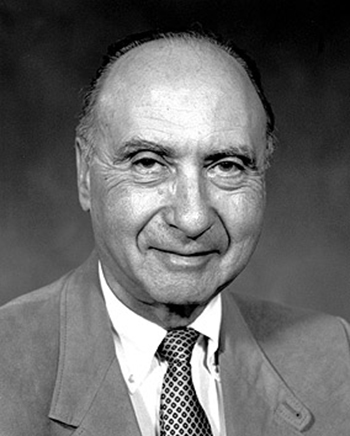https://www.walshinstitute.org/the-essence-of-bipolar-disorder.html
I had been hearing about this development of the WRI exploring the mechanism of Bipolar Disorder for a few years now, as far back as 2018 I believe, so I’m glad to see it come to fruition in a new book.
I’ve been fascinated by the proposed mechanism of the neuron ion gate dysfunction cycle accounting for the cyclical nature of the illness, but in the meantime I’ve also noted how reported improvements in metabolic function with low carbohydrate and ketogenic (“keto”) interventions have also helped sufferers to some extent.
DNA damage and epigenetic issues seem be driven by oxidative overload. Just a layman’s punt here but perhaps the aspect which ties in most with the proposed metabolic therapeutic factors may be improved astrocyte and microglial mitochondrial function which helps with ion clearance from the neuronal environment, lower oxidative burden.
It also seems that at least one of the ketones involved in ketosis has an epigenetic methylating effect on brain function. This is a nice follow-up to the previous post I made about Synergy when combining targeted nutrient therapy with keto.
Campbell, I.H. et al. (2025) “A pilot study of a ketogenic diet in bipolar disorder: clinical, metabolic and magnetic resonance spectroscopy findings,” BJPsych Open, 11(2), p. e34. Available at: https://doi.org/10.1192/bjo.2024.841.
Campbell, I.H. and Campbell, H. (2019) “Ketosis and bipolar disorder: controlled analytic study of online reports,” BJPsych Open, 5(4), p. e58. Available at: https://doi.org/10.1192/bjo.2019.49.
Chmiel, I. (2022) “Ketogenic diet in therapy of bipolar affective disorder – case report and literature review,” Psychiatria Polska, 56(6), pp. 1345–1363. Available at: https://doi.org/10.12740/PP/OnlineFirst/136356.
He, Y. et al. (2023) “β-Hydroxybutyrate as an epigenetic modifier: Underlying mechanisms and implications,” Heliyon, p. e21098. Available at: https://doi.org/10.1016/j.heliyon.2023.e21098.
Jin, L.-W. et al. (2023) “The ketone body β-hydroxybutyrate shifts microglial metabolism and suppresses amyloid-β oligomer-induced inflammation in human microglia,” The FASEB Journal, 37(11), p. e23261. Available at: https://doi.org/10.1096/fj.202301254R.



